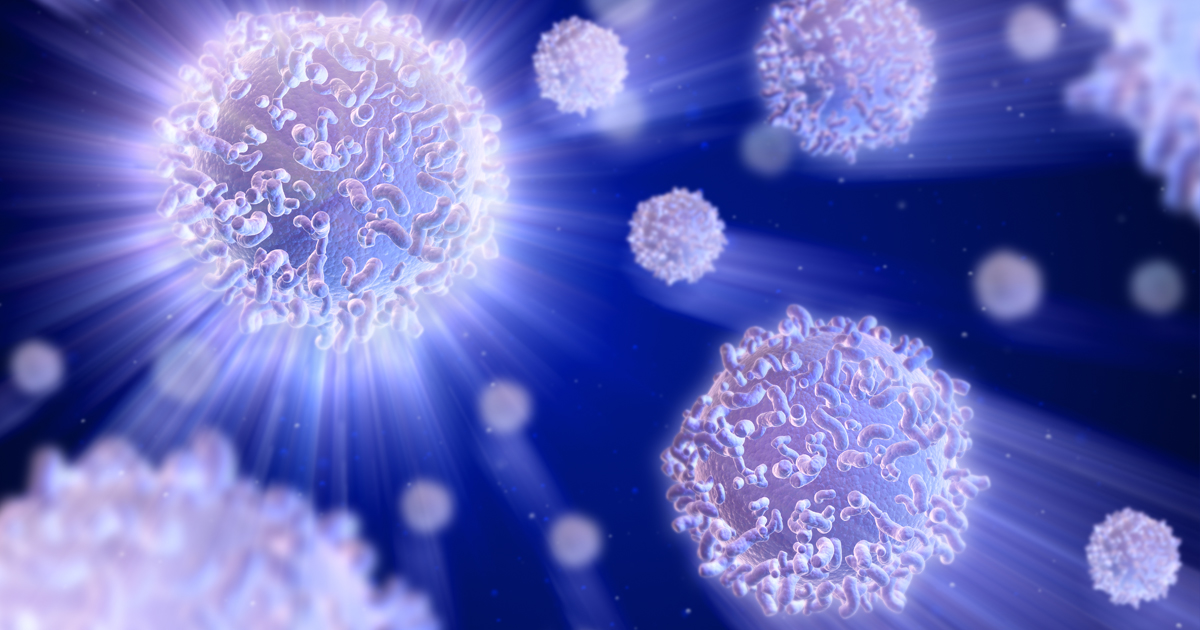
Much of the buzz over doctors’ ability to harness the power of the immune system to fight cancer has focused on targeted treatments—drugs designed to zero in on specific properties of cancer cells, disrupting their signals and exposing them to an immune attack. Now, researchers are discovering that these and other immunotherapy drugs may be even more powerful when combined with conventional therapies like chemotherapy. “We’re finding ways to make the immune system stronger through drug combinations,” says Christian Hyde, MD, Radiation Oncologist at our Atlanta hospital. But the tactic has limitations: Mixing too many drugs together often leads to significant side effects, such as autoimmune diseases, that may make the combinations impractical. One combination, though, is showing exciting, and promising, results, though they are still considered rare. Researchers are finding that combining immunotherapy with focused radiation treatments delivered directly to the tumor sometimes shrinks not just the targeted tumor, but cancers located in areas of the body that were not radiated.
The 'abscopal effect'
So intrigued are scientists that they gave the result a nickname: the abscopal effect, derived from a combination (aptly enough) of two words—ab, which is Latin for “away,” and skopos, which is Greek for “target.” The effect, first reported about 50 years ago, is rare, seen in a small number of patients who undergo radiation therapy for metastatic disease, or cancer that has spread. In these unique cases, when radiation damages cancer cells, the tumor releases proteins called antigens that are recognized as harmful or foreign and attacked by immune system T-cells. This also helps the T-cells recognize and attack cancer cells elsewhere in the body. The abscopal effect is rare because radiation also tends to increase the production of regulatory T-cells, which stop killer T-cells from overdoing their job as part of a self-regulating process that shuts down the immune response before it causes too much harm to the body.
“ Think of the timer on a hot tub. If you set it for 15 minutes, you're turning it on but also imposing a limit because, if you didn't, you'd end up wasting a lot of energy and also risk it getting too hot.” - Christian Hyde, MD - Radiation Oncologist
Researchers have found that radiation delivered in medium to high doses over the course of three to five treatments strikes the kind of biological chord that turns on the immune system. “That seems to be what it takes to wake up the immune system and cause the tumor to become inflamed so that it’s a more fertile ground for immune activity,” Dr. Hyde says. “Radiation makes cancer cells look and act more like virus-infected cells.” When the patient takes an immunotherapy drug like ipilimumab (Yervoy®) before and during radiation, it may help reduce the number of regulatory T-cells, potentially broadening the immune response to affect other parts of the body, Dr. Hyde says. However, blocking one pathway, similar to blocking one lane of traffic on a highway, is not enough. “Right now, the single-drug combinations with radiation are leading to a greater immune response. But it’s probably not until we get multi-drug combinations combined with radiation in a sequence we know works—which, like vaccines, may need to be repeated—that we’re going to get that specific and memorable response the body needs to get rid of cancer, not only now but five years down the road if it recurs.”
The 'magic of the immune system'
Creating this sequence of treatments to help T-cells identify and fight cancer cells anywhere in the body is, in fact, very similar to the way vaccines work. “The magic of the immune system is not that it’s powerful, but that it’s specific and has memory,” Dr. Hyde says. “If you think about it, you were vaccinated against polio when you were a kid and received four shots, to help your body remember the virus. That’s important because if you get polio now, your body is going to remember that virus. Even if you only have one memory cell left from that vaccine exposure, that one cell is going to become millions of cells, and it’s going to recreate that immune response all over again. That’s what we’re working toward with radiation and immunotherapy combinations, too.”
Researchers are now focused on recreating the abscopal effect with a specific combination of radiation and immunotherapy drugs designed to prompt an immune attack on cancer throughout the body in a more targeted way. Clinical trials on therapies delivered in different combinations may help scientists determine how to help more patients, Dr. Hyde says.

